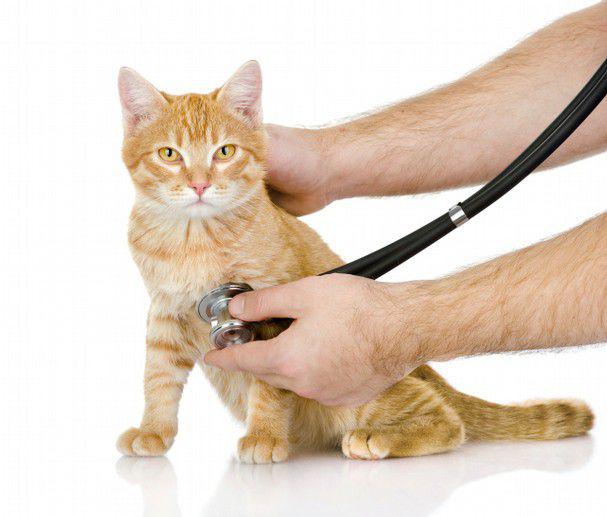 Many cats don’t want to burden their owners if they are not feeling well. They will hide injuries or sicknesses until it may be too far along for you to do anything about them. However, no one knows your pets better than you and no one will pick up on unusual behaviors or physical appearances quicker than you.
Many cats don’t want to burden their owners if they are not feeling well. They will hide injuries or sicknesses until it may be too far along for you to do anything about them. However, no one knows your pets better than you and no one will pick up on unusual behaviors or physical appearances quicker than you.
By being aware of your cat’s day-to-day behaviors and activities you will be able to determine if anything is out of the ordinary. Here are just a few things you may want to consider to be warning signs that something more may be going on with your cat then they are initially leading on.
Appetite Changes
If you have a cat on a fairly regimented diet who all of the sudden can’t seem to get enough food, this may be a sign of something more. Excessive appetites is a symptom of things such as feline hyperthyroidism and diabetes. On the contrary, a sudden decrease in appetite can also be an indicator for issues such as dental problems, kidney disease or cancer.
Litter Box Issues
Cleaning your cat’s litter box isn’t the most glamorous of jobs, but it gives you a good opportunity to monitor your pet’s health. If there are extreme changes to the color, smell, volume or frequency of your pet’s waste, you may want to mention them to your veterinarian. Also, watch to see if you pet begins to go to the bathroom outside of the litter box. Although many people disregard it as a behavioral issues, if this is an uncommon thing for your pet it could be a sign of lower urinary tract disease, bladder infection or a urinary blockage.
Stinky Breath
Let’s face it, a cat’s breath is never going to be fresh and minty, but if you notice your cat’s breath as a definite foul odor it could mean dental disease or kidney problems with your pet. If your cat’s breath is sweeter than normal, it could indicate diabetes.
Grooming Differently
Cats are naturally clean animals. They spend a lot of time each day grooming and cleaning. If you notice your cat cleaning less or stopping completely then there may be other issues at hand. A lack of grooming can be a sign of dental disease or arthritis in your pet.
Activity Changes
Activity levels can vary from day to day with your pet, but if you notice that your normally lazy cat is now running around the house constantly then this may be a sign of an overactive thyroid. If your fairly active cat suddenly becomes very lazy and aloof, they may be suffering from arthritis or other issues.
Changes in Voice
Each cat has distinctive noises and voices they make. If your cat becomes unusually quiet or loud this may be a sign that there is something wrong. It can be innocent enough, but it could also be a sign of things such as high blood pressure or hyperthyroidism. Just watch and listen to your cat. If it is one or two times, it may not be a problem but if you are noticing a consistent difference in their talking then they may be trying to tell you something.
Each cat is different and we recommend you monitor your pets closely. However, if you are concerned with certain behavioral changes or physical changes then please contact your veterinarian immediately.
Do you have a question for Brian? E-mail him at AskBrian@hsdayton.org. Brian Weltge is the President and CEO of the Humane Society of Greater Dayton. The Humane Society is a 501(c)(3) nonprofit organization dedicated to building loving relationships between people and pets. Founded 113 years ago, it is the largest and most established “no-kill” animal welfare agency in the area. It focuses on pet adoptions, eliminating pet overpopulation, providing education and ensuring the humane treatment of animals. For more information about the Humane Society of Greater Dayton, call 937-268-PETS (7387) or visit www.hsdayton.org.



